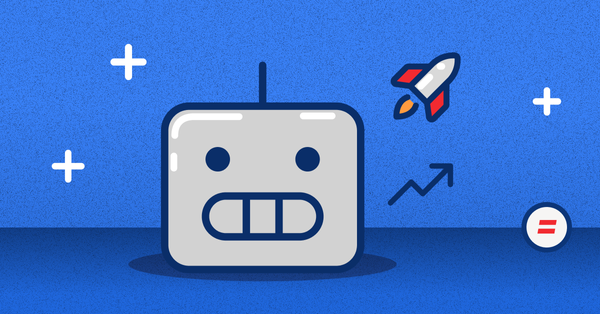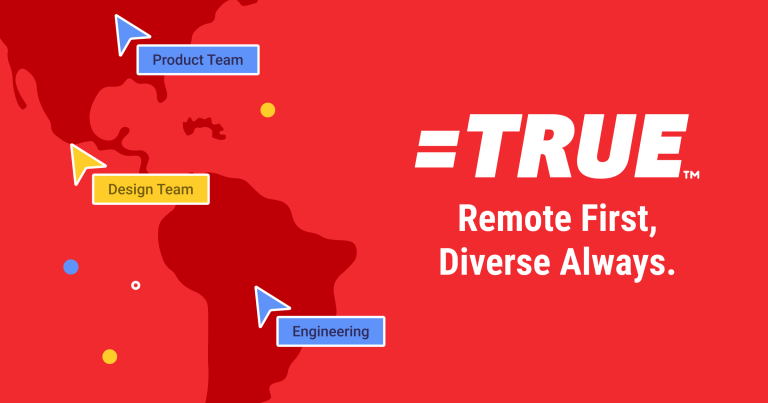Adapting to the Future: The Transformation of AI on Remote Work
As the world increasingly shifts towards remote operations, artificial intelligence (AI) is paving the way for a more productive, efficient, and transformative mode of conducting business. Let’s explore just how deeply is the impact of AI on remote work.
Productivity Boost
AI-powered applications are becoming more effective at performing repetitive tasks, freeing up employees to focus on creative and high-value tasks. Chatbots can answer common customer queries, while AI-powered project management tools can track project progress and alert team members about any potential issues. This boosts your team’s productivity as they can prioritize more impactful tasks.
According to a report by McKinsey Global Institute, AI-powered automations could potentially increase global productivity by up to 1.4% annually. This adds up to a reallocation of tasks approximating 20% of working hours on an individual level, allowing workers to focus more on productive tasks.
Promoting Adaptability
The rapid development of AI tools and automation is compelling remote workers to continually adapt, learn, and grow. AI technology such as machine learning (ML) helps in analyzing job requirements, suggesting suitable upskilling programs for workers, and adapting training modules according to individual learning patterns. The end result? A workforce that’s more skilled and ready to take on the tasks of tomorrow.
Transformative Impact
“The greatest benefit of AI is that it empowers us to do more with less, enabling businesses to become more efficient and individuals to be more productive.”
– Satya Nadella
As AI takes over, operations, business models, and workflows are undergoing a significant shift. Jobs that didn’t exist a decade ago are commonplace today, and technology that seemed out of reach is now in our daily work routine. This transformation extends to the way we work remotely. AI-driven communication tools are breaking down geographical barriers, while AI-powered analytics are providing deeper insights into data, making decision-making more informed and strategic in the realm of AI on remote work.
AI-Powered Tools: Empowering Remote Workers for Success
As a facilitator of higher productivity, AI presents itself as an indispensable ally in the remote work landscape. Tasks that were previously labour-intensive and time-consuming can now be automated, freeing up worker’s time for creative and nuanced tasks that computers are currently unequipped to perform. Furthermore, AI-powered tools manifest in a wide array of sophistications – from smart task schedulers that prioritize based on urgency and significance, virtual assistants that manage administrative tasks, to AI-based analytics software that process enormous data sets, enabling remote teams to efficiently make data-driven decisions.
Yet, it’s worth noting the transformative power of artificial intelligence in remote work does not stop at productivity and adaptability enhancement. It is also at the heart of digitizing communications and managing distributed teams. Interconnected AI-powered platforms and software facilitate seamless communication, improve management effectiveness by providing complete visibility of team performance and simplify the task of maintaining synchronized work across time zones.
To truly appreciate the impact that AI on remote work has, one must consider the ripple effects that these changes engender:
- Heightening productivity levels: Through automation, AI allows professionals to focus on tasks that add the most value, which, in turn, boosts productivity.
- Reducing operational costs: The use of AI-driven tools often means fewer errors and greater efficiency, leading to substantial savings for businesses.
- Fostering a healthier work-life balance: Efficient use of AI in remote work eliminates unnecessary tasks, paving the way for better work-life equilibrium.
Research from Accenture indicates that AI possesses the potential to significantly boost business profitability, potentially doubling economic growth rates by 2035. This considerable growth is chiefly due to AI’s ability to streamline business operations while reducing operational costs. Similarly, a study conducted by IBM highlights the positive impact of AI, with half of employees using AI-based tools reporting an enhancement in their work-life balance.
Together, these aspects demonstrate a transformation that goes beyond productivity — into the very way remote work is accomplished. Thus, AI, in its infinite potential, stands to fundamentally redefine the nature of remote work, heralding a more streamlined, productive, and adaptable future.
Curious about other ways to elevate your remote work experience? Dive into our other blog posts for insights on building a thriving remote team, unlocking diversity hiring, and navigating the remote work landscape!
Copyright © 2024 EQUALS TRUE. All Rights Reserved.





